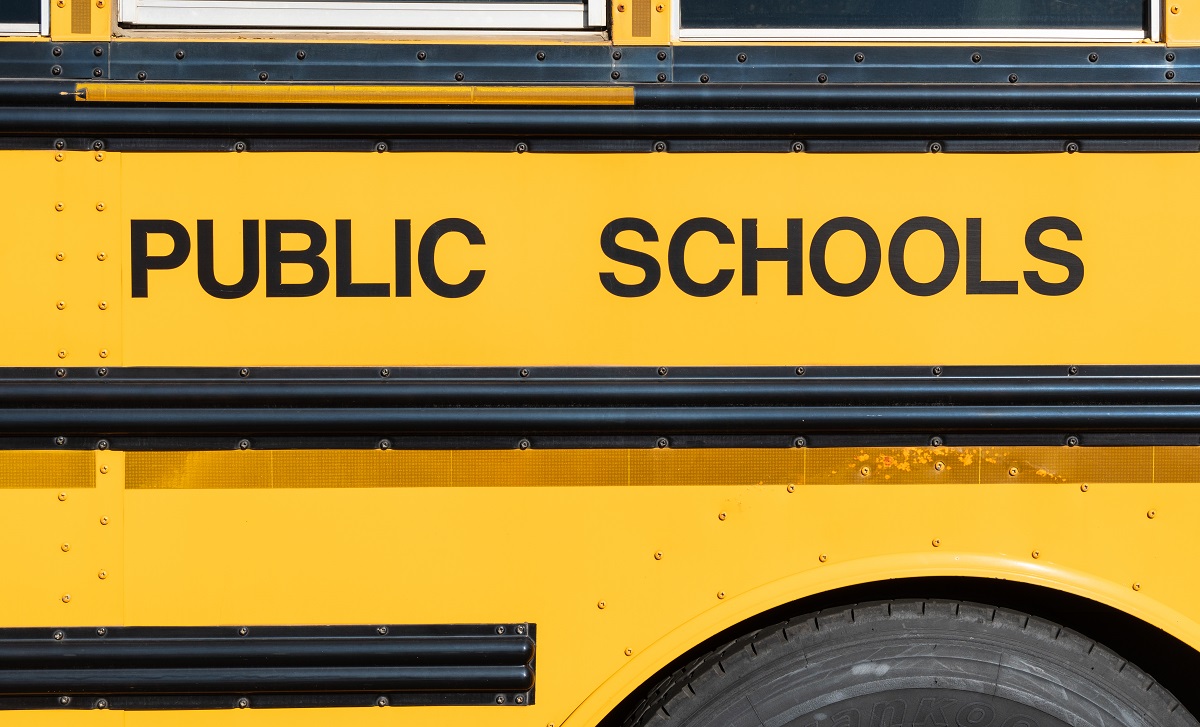Results of the RAND Corporation’s 2023 State of the American Teacher survey released Feb. 15 showed that nationally, 65 percent of teachers report limiting discussions about political and social issues in class — nearly double the share of teachers who are located in states that have enacted restrictions.
Between April 2021 and January 2023, 18 states passed policies restricting teachers’ instruction, typically on topics related to race and gender, with some also addressing how teachers can discuss current events or controversial topics.
“We interpret this finding as an indication that the impact of these state restrictions is spilling over into places where no such restrictions are in place,” researchers wrote. “That is, we suspect that teachers who are not subject to such state-level restrictions are nevertheless experiencing the consequences of these policies and adjusting their instruction accordingly.”
Two potential reasons were provided to explain the spillover:
- Teachers decide on their own to omit certain topics in their classroom discussions above and beyond what state and local policies require them to do for various reasons. Those surveyed cited reasons including fear of upsetting parents or of losing teaching jobs or licenses, uncertainty about what they can safely discuss in class or whether their school or district leaders would support them if parents expressed concerns, or knowledge that teachers elsewhere have been disciplined for engaging in specific discussions.
Researchers noted that when teaching in an environment that is hostile toward classroom discussions of political and social issues, teachers might also interpret restrictions broadly and modify their instruction to exclude additional issues — such as gun safety regulations, climate change or social-emotional learning — that are not specified in restrictions. Ultimately, teachers’ own decision making may effectively reproduce the effects of such restrictions even absent such restrictions, the survey showed.
- Local educational agencies pass their own policies that restrict teachers’ instruction or issue guidance restricting how teachers can discuss political and social topics in the classroom. These local policies might be enacted in states that do not have state-level restrictions, according to researchers, thus creating teaching conditions similar to those in states that have enacted restrictions. And in states that have passed state-level restrictions, the presence of local restrictions might compound or heighten the effect of state-level restrictions on teachers’ instruction.
“Our findings suggest that local directives — which could take the form of formal policies or informal guidance from school or district leaders — send strong signals to teachers about what to teach,” researchers stated. “These local policies might influence teachers’ decisions about whether to discuss political and social topics to a greater extent than state policies. Regardless of their state policy context, more than 80 percent of teachers who reported that they were subject to local restrictions decided on their own to limit their instruction.”
The RAND survey was conducted with a nationally representative sample of 1,439 K-12 teachers in mid-January to mid-February 2023.
Additional findings
- About 36 percent of teachers teach in one of the 18 states that have passed restrictions on how teachers can talk about race and gender in the classroom, but roughly half of teachers reported that they are subject to state restrictions, local restrictions or both.
- More than 80 percent of teachers who said they were subject to local restrictions decided to limit classroom discussions about political and social issues, regardless of the presence of state restrictions.
- Fifty-five percent of teachers who were not subject to any state or local restrictions decided to limit instruction about political and social issues, with many citing a lack of guidance from LEA leaders as a key reason behind their decision.
- Teachers not subject to any state or local restrictions were more likely to limit classroom discussions of social and political issues if they worked in more politically conservative communities.





